Individuals & Events
Of course, individuals and events permeate history. However, the Key Stage 1 units of study particularly require the study of significant individuals and events. What makes an individual significant? What might be considered a significant event? The emphasis is upon a comparison of individuals and events that can be used to make links across time, themes and geographical space. In this section you will find resources and articles to help you to plan innovative units of work based around individuals and events that can either be used to reveal a local, national and international picture, or that can be used to illustrate themes over time or geographical space.
Sort by:
Date (Newest first) | Title A-Z
Show:
All |
Articles |
Podcasts |
Multipage Articles
-

Happy and Glorious: exploring and celebrating the Platinum Jubilee
ArticleClick to view -

Historical anniversaries calendar
ArticleClick to view -

History...about lives and living
ArticleClick to view -
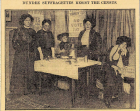
How can we make effective use of the census in the primary history classroom?
ArticleClick to view -

How can we use significant anniversaries in our teaching?
ArticleClick to view -

How much has the weather mattered in British history?
ArticleClick to view -
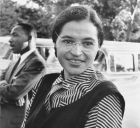
How should we remember Rosa Parks?
ArticleClick to view -
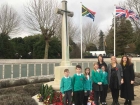
How significant is the tragic story of the SS Mendi?
ArticleClick to view -

Ideas for Assemblies - Remembrance
ArticleClick to view -
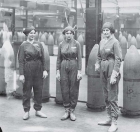
Ideas for Assemblies: A slightly different view of remembrance
ArticleClick to view -

Ideas for Assemblies: Linking historical events with geography
ArticleClick to view -

Ideas for Assemblies: Refugee stories
ArticleClick to view -
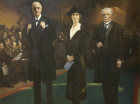
Ideas for Assemblies: Women in parliament
ArticleClick to view -

Isambard Kingdom Brunel: A Significant Victorian
ArticleClick to view -

Jubilee medals: celebration and creation
ArticleClick to view -
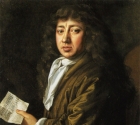
KS1: Teaching about significant individuals
ArticleClick to view -

Learning to engage with documents through role play
ArticleClick to view -
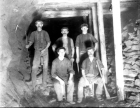
Local history and a sense of identity
ArticleClick to view -

Local significant individuals
Multipage ArticleClick to view -

M&S brings over 130 years of archives into your classroom
ArticleClick to view

